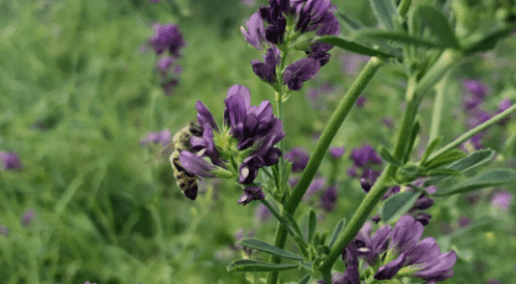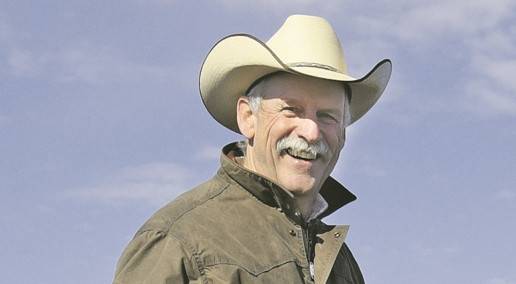On Nov 29, 2023, Dr. Brooke McWherter from Dalhousie University presented at the CFGA’s 14th annual conference, Forage Resilience in a Changing Landscape: Manage risk. Overcome challenges. Discover opportunities. Her presentation focused on the Farm Resilience Mentorship (FaRM) Program, barriers to adopting rotational grazing and considerations for supporting beneficial-management-practice (BMP) adoption.
The FaRM program by Farmers for Climate Solutions (FCS) has the goal of being a national learning hub that provides access to peer-farmer mentors and online learning about advanced grazing systems. Through FaRM, farmers are able to learn independently, paired with mentors and through workshops. The FaRM program is supporting rotational-grazing adoption efforts in many ways. In particular, it connects farmers with peer mentors who have broader experience, such as industry consultants, agronomists and experienced farmers.
Brooke’s presentation included preliminary data from FaRM program surveys, mentor interviews, and surveys of non-participants. Surveys were conducted before and after farmers did the program.
When participants were polled about their perceptions of rotational grazing before participating in the program, there was a strong belief in rotational grazing’s ability to improve environmental conditions, fairly high beliefs that it helps livestock health, mixed perceptions on cost savings and low belief that rotational grazing saves time.
Fifty-three per cent of polled participants stated that knowledge was the biggest barrier to adopting rotational grazing. A further 64 per cent indicated access to labour, 34 per cent indicated access to land and 17 per cent indicated technology as barriers. Only 16 per cent of non-participants said knowledge was a barrier, showing that this program is recruiting those who want to address this.
The research also explored farmer-system thinking. Surveys showed that the top three farm components that were considered important by participants were the acreage available for grazing, rotational grazing strategies and meat output. The research identified three types of farmer systems which can be described by their priorities: livestock and landscape, health and economics and technology. The big takeaway here is that rotational grazers think and prioritize in different ways. As such, farmer research should continue to include multiple dimensions.
There are so many words to describe rotational grazing, such as holistic management, multi-paddock rotational grazing, management intensive grazing, adaptive grazing, mob grazing and regenerative grazing. Brooke’s surveys show a lack of widely agreed upon definitions and understanding of rotational grazing. Clarifying the terms we use is important for consistency in our programming and research.
Additional Information
Conference recordings
If you would like to see all of Brooke’s presentation, you can purchase access to it, and all of the recordings of the 2023 conference proceedings, by visiting the registration page.
To read more about each speaker, check out the CFGA 2023 Conference agenda.
Note, if you attended the 2023 conference, the recordings are available for free to those who registered for the conference.
For more information, email [email protected].
Back to September 2024



Leave a Comment